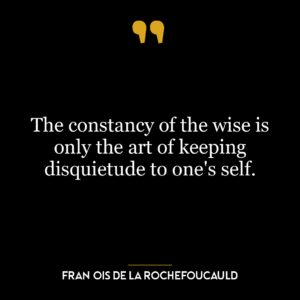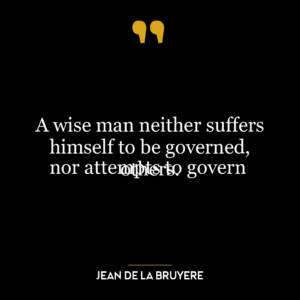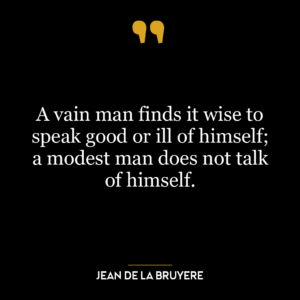“Virtue is not left to stand alone. He who practices it will have neighbors,” is a profound statement that underscores the magnetic nature of virtue. It suggests that virtue, or moral excellence, does not exist in isolation. When a person practices virtue, they attract others towards them, like a magnet attracts iron filings. This attraction could be due to the admiration, respect, or inspiration that others feel towards the virtuous individual.
This quote also implies that virtuous actions can inspire others to follow suit, creating a community of virtuous individuals. In other words, virtue is contagious. It doesn’t just benefit the person who practices it, but also those around them.
Applying this idea in today’s world, it suggests that if we want to live in a better society, we should strive to be virtuous ourselves. Our actions, no matter how small, can influence others. For example, acts of kindness, honesty, or integrity can inspire others to act similarly, creating a ripple effect.
From a personal development perspective, the quote encourages us to cultivate virtues within ourselves. It reminds us that our actions can have a broader impact, and that by striving to be better individuals, we can contribute to a better society. Also, it implies that being virtuous can help us build stronger, meaningful connections with others, as like-minded individuals are likely to be attracted to us.
In conclusion, the quote emphasizes the importance of personal virtue, not just for individual growth, but also for the positive impact it can have on others and society at large. It encourages us to be the change we wish to see in the world, reminding us that our actions can inspire others and create a virtuous community.












